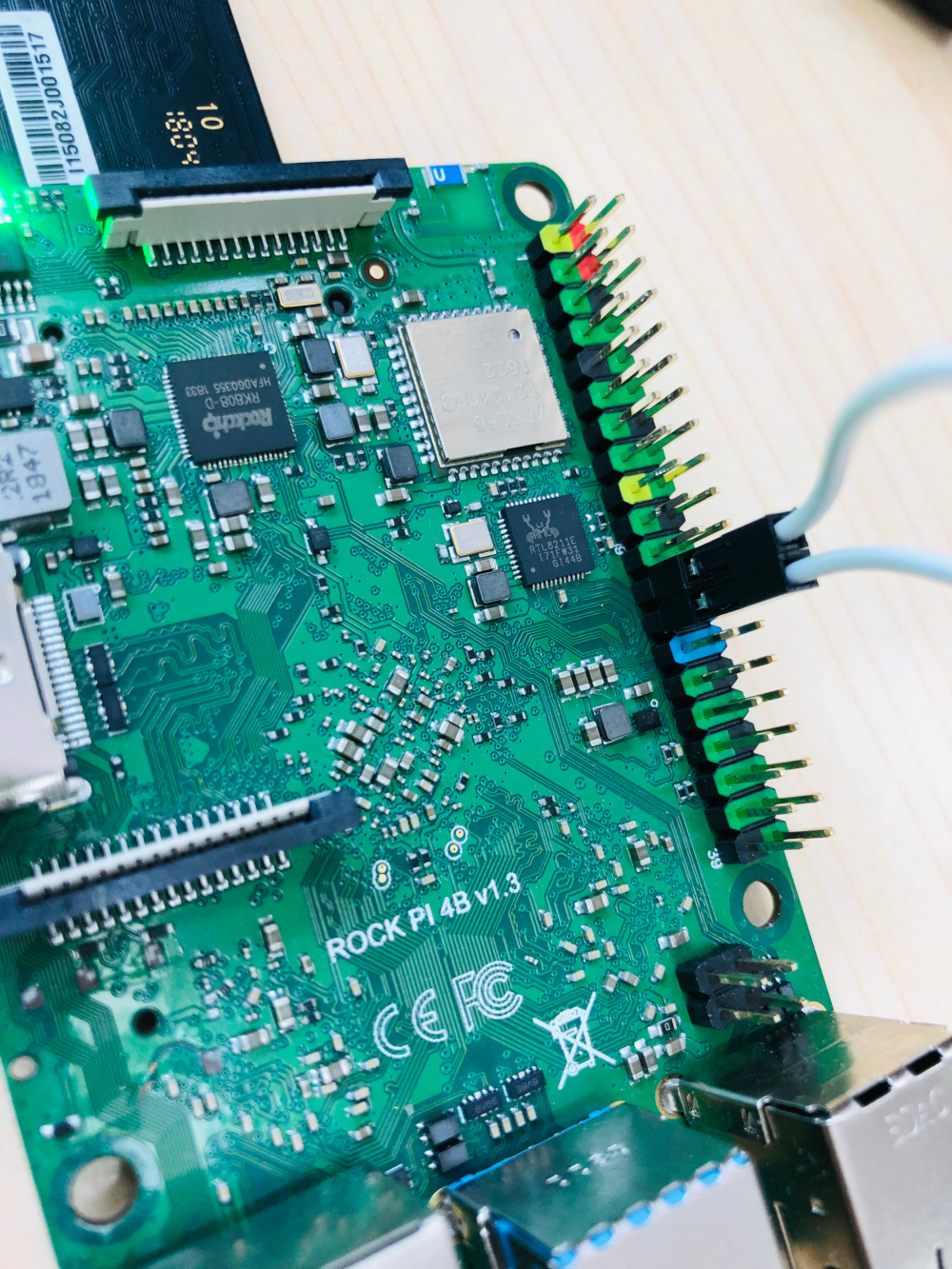This stock Debian ARM64 Linux image is built directly from official packages using the official Debian Debootstrap utility, see: https://github.com/inindev/rockpi-4c-plus/blob/main/debian/make_debian_img.sh#L139
Being an official unmodified Debian build, patches are directory available from the Debian repos using the stock apt package manager, see: https://github.com/inindev/rockpi-4c-plus/blob/main/debian/make_debian_img.sh#L368-L378
If you want to run true up-stream Debian Linux on your ARM64 device, this is the way to do it.
1. download image
wget https://github.com/inindev/rockpi-4c-plus/releases/download/v12.0.1/rockpi-4c-plus_bookworm-1201.img.xz
2. determine the location of the target micro sd card
- before plugging-in device
ls -l /dev/sd*
ls: cannot access '/dev/sd*': No such file or directory
- after plugging-in device
ls -l /dev/sd*
brw-rw---- 1 root disk 8, 0 Sep 8 20:58 /dev/sda
- note: for mac, the device is
/dev/rdiskX
3. in the case above, substitute 'a' for 'X' in the command below (for /dev/sda)
sudo sh -c 'xzcat rockpi-4c-plus_bookworm-1201.img.xz > /dev/sdX && sync'
4. login account
user: debian
pass: debian
5. take updates
sudo apt update
sudo apt upgrade
6. create account & login as new user
sudo adduser <youruserid>
echo '<youruserid> ALL=(ALL) NOPASSWD: ALL' | sudo tee /etc/sudoers.d/<youruserid>
sudo chmod 440 /etc/sudoers.d/<youruserid>
7. lockout and/or delete debian account
sudo passwd -l debian
sudo chsh -s /usr/sbin/nologin debian
sudo deluser --remove-home debian
sudo rm /etc/sudoers.d/debian
8. change hostname (optional)
sudo nano /etc/hostname
sudo nano /etc/hosts
The build script builds native arm64 binaries and thus needs to be run from an arm64 device such as a raspberry pi4 running a 64 bit arm linux. The initial build of this project used a debian arm64 raspberry pi4, but now uses a rock 5b running stock debian trixie arm64.
1. clone the repo
git clone https://github.com/inindev/rockpi-4c-plus.git
cd rockpi-4c-plus
2. run the debian build script
cd debian
sudo sh make_debian_img.sh
- note: edit the build script to change various options:
nano make_debian_img.sh
3. the output if the build completes successfully
mmc_2g.img.xz
If the SPI flash contains a u-boot image, the flash will need to be disabled to boot from MMC. To disable the flash, short SPI1_CLK pin 23 to ground as outlined on the radxa wiki. Once the MMC has been bootstrapped, the jumper can carefully be removed to reenable the SPI flash so it can be accessed by the booted image.

